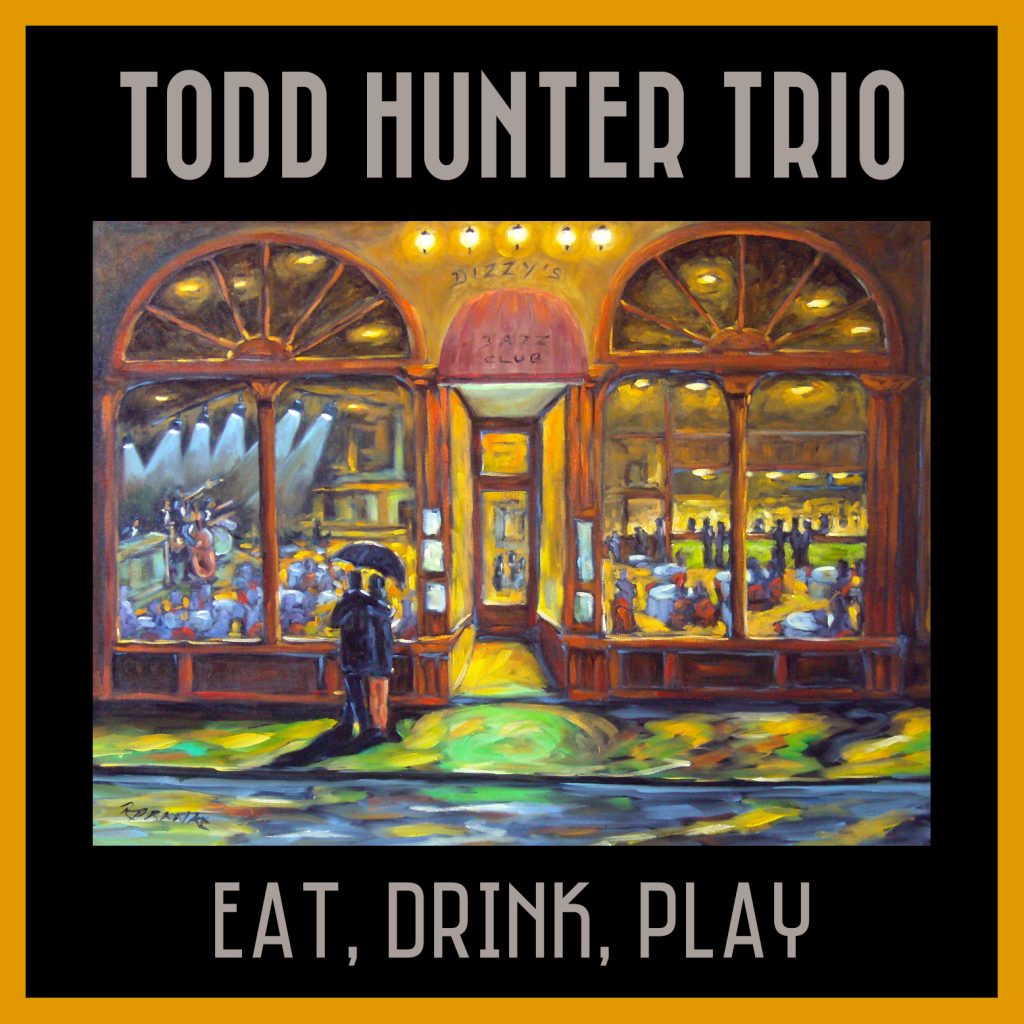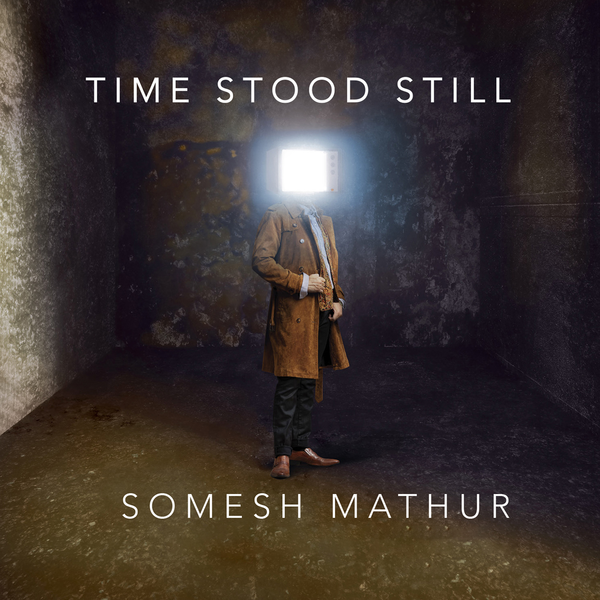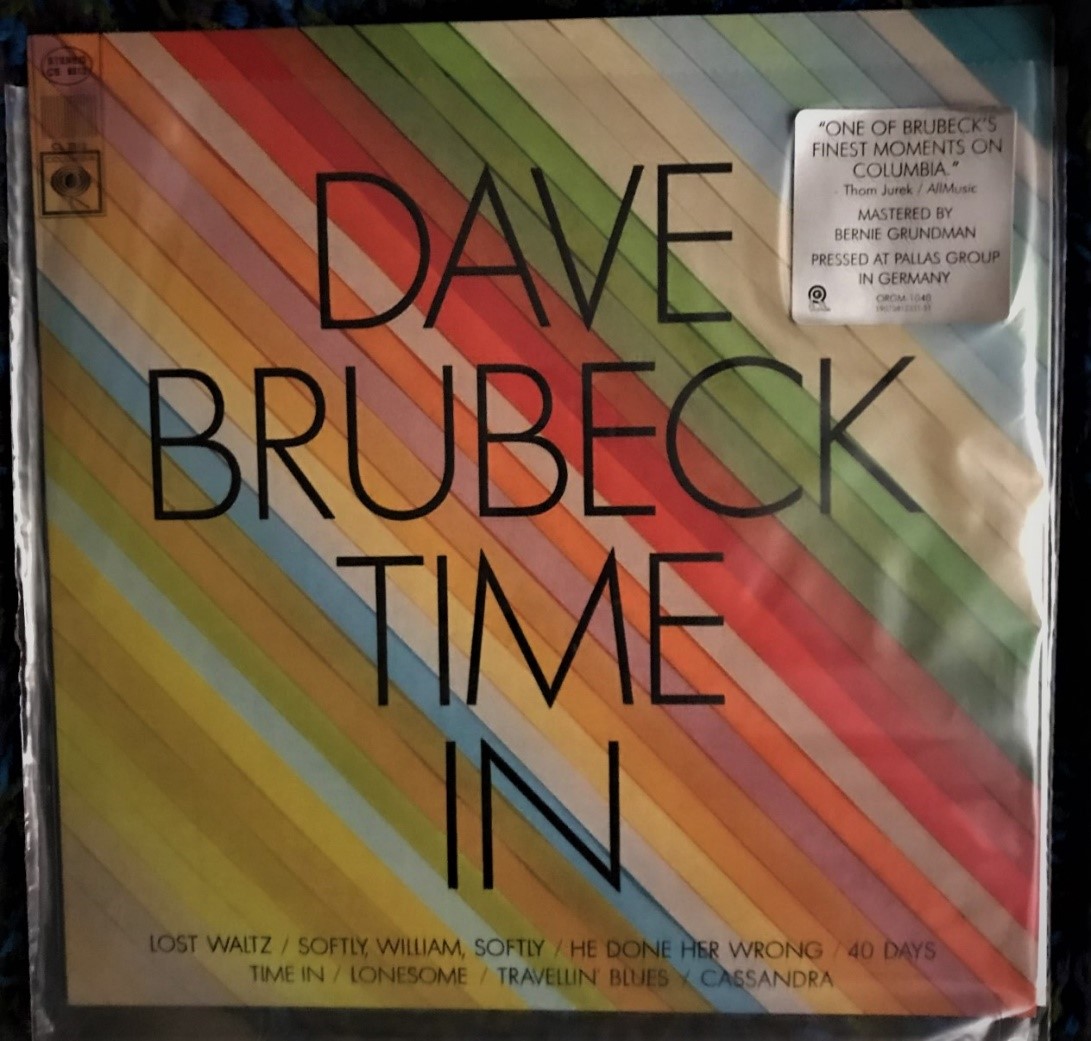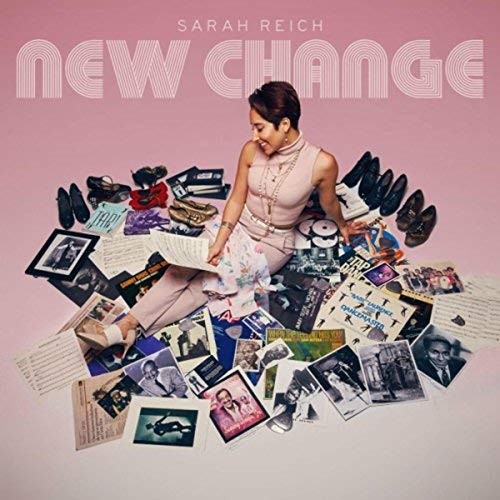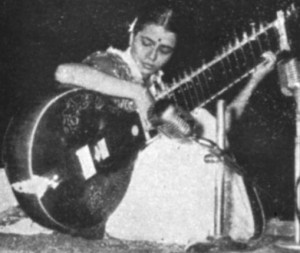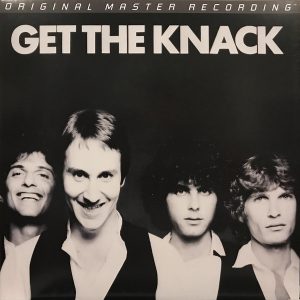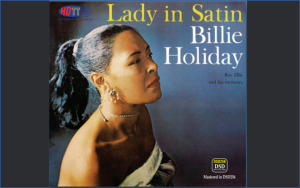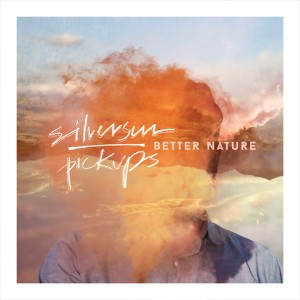Like most audiophiles who are into jazz, I tend to reach way back into history for my sonic fixes. I'm talking late '50s and early '60s, of course, and maybe a few Three Blind Mice titles from the mid-'70s just to mix things up. The idea of choosing a modern jazz piece as a reference, say something that was recorded after I graduated from junior high school, just doesn't seem to be in the cards—although I am pretty fond of the FIM remaster of Happy Coat from the Shoba Osabe Trio, which was recorded in 2004. But that's a rarity, if not quite a lone exception.
About thirty seconds into Todd Hunter's new CD, Eat, Drink, Play, I started thinking about this temporal bias of mine. This sounds really, really good, I thought. I easily imagined playing it at trade shows and having attendee after attendee ask me what it was and where they could get it. This is a tremendously dynamic jazz recording, and it bursts out of your loudspeakers like a whirlwind. Want to show off what your hi-fi can do? Stick this in your CD player.
Speaking of biases, I should mention that I sort of know Todd Hunter. It's a friend of a friend sort of deal—Dan Muzquiz of Blackbird Audio Gallery first turned me on to Todd's music a couple of years ago, and as it turns out they're both based in San Diego. He sent me a couple of Todd's CDs, Dig It from 1997 and Have a Nice Trip from 2003. I reviewed them on my blog as if they were brand new releases because a) Todd was a buddy of Dan's and deserved a push; and, b) these two releases were really, really good and worth sharing. Todd's one of those lush, lyrical pianists who may remind you of Bill Evans, complex and sweeping and consumed with the beauty of the notes. It's hard not to camp right in his groove and go along for the ride.
After I posted that review on my blog, I heard from Todd. It goes without saying that he was a nice guy and he was grateful for my kind words. We exchanged a few e-mails, and he told me that he was working on a new recording, his first in more than a decade. Todd and his trio, which includes either Steve Hass or Aaron Serfaty on drums, and Dave Robaire on bass, are what you would call working musicians. They play a lot of gigs, they have a lot of fun, and they don't get into the studio as much as they'd like.
I told Todd to send me the next CD as soon as it was done. That was two-and-a-half years ago. Dan mailed it surreptitiously just before I moved from Colorado to New York, and while I wasn't quite in a position to get the scoop on this wonderful release, I did my damnedest. I emailed Dan and told him I was moving it to the top of the proverbial review pile, and then we packed up everything we owned and drove two thousand miles. It's only now that I've opened the cardboard box that contained the review pile and I saw Eat, Drink, Play sitting there, patiently on top. After a quick play, I still think it's one of the finest new jazz releases I've heard in many years.
It's easy to recommend Eat, Drink, Play on sound quality alone. As I said, it's a big, exciting, and dynamic recording. During a casual listen you might think it's slightly larger than life, but actually you're getting a very close perspective regarding the performances, almost as if you're sitting on the stage with the trio. This is how the excellent sound quality ties in with the performances—Todd isn't breaking ground in the world of jazz in the same way as The 3.5.7 Ensemble, whose Amongst the Smokestacks and Steeples I reviewed just a few weeks ago. No, this is the type of jazz you listen to when you're looking to paint the town red with your favorite friends. The intimate nature of this recording conjures up that atmosphere, a small but vibrant club where you can hear supremely talented musicians play at the top of their game.
Where Todd and his cohorts define themselves is the barely-suppressed Latin rhythms that permeate most of the album. Songs like "Samba de Todje," which features a precisely manic run through the percussion from Serfaty, might not even sound like a samba at first until you isolate the time signatures from the improvisations. The same goes for quieter pieces such "I See More Than One," where you might not even notice those rhythms until you realizing you're fighting an urge to get up and dance. It's only on the final track, the funky and modern "210 to the 15"—a distinct nod to navigating through Southern California—where Robaire is replaced by Rufus Philpot, another of Dan Muzquiz' San Diego pals, and the music veers quickly away from Caribbean waters into the gritty urbans streets where this type of music is always playing.
If listening to this new CD has taught me anything, it's to pull my head out of the old remastered jazz bins and to find out what's happening in 2016. Eat, Drink, Play has all of the qualities I'm looking for in a great jazz release—wonderful performances, stunning sound, and a fun, exhilarating attitude that leaves me energized. Even though he regularly accompanies such singers as Dionne Warwick, as well as the late Natalie Cole and Whitney Houston, it's time for jazz lovers to discover this very modern talent.




